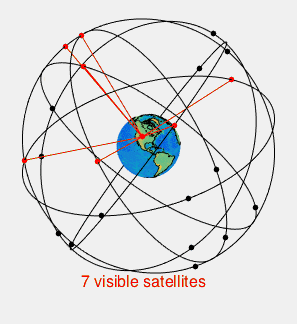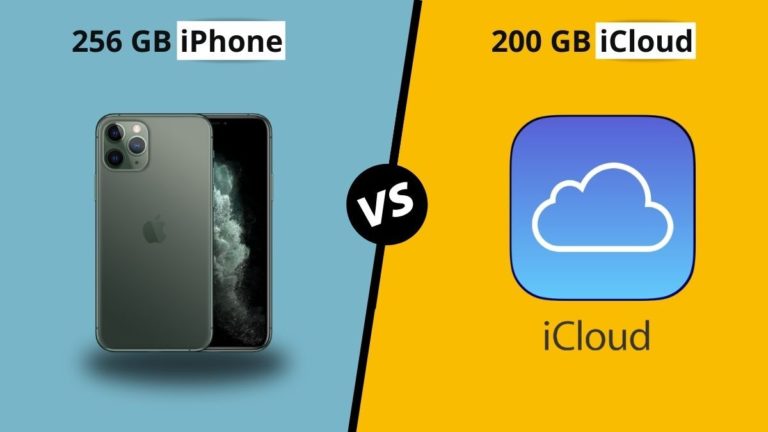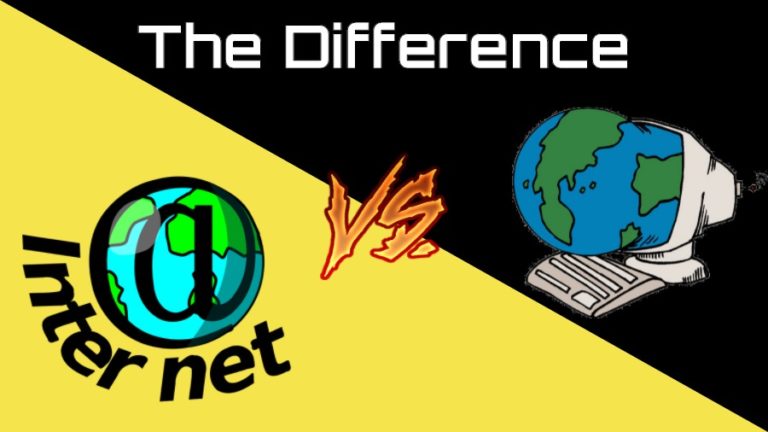GPS stands for Global Positioning System, a global satellite-based radio navigation system. It provides location, velocity, and time synchronization to any receiver on Earth. In this article, we will explain the meaning of GPS and how it works.
The central technology for apps like Google maps helps us reach from point A to B. You can also find it in many things such as cars, smartphones, computers, and watches. It also has many other applications, such as precision agriculture, autonomous vehicles, marine or aerial surveying, and defense applications.
What is the meaning of GPS, and how does it work?
GPS is a GNSS positioning system owned by the United States government and operated by the United States Space Force. Other nations have also set up their own global or regional satellite navigation systems.
These systems use 24 to 32 satellites to synchronize location, velocity, and time data to give accurate coordinates and relative travel distance. Due to this, it has become an irreplaceable tool for air, sea, and land travel.

For this process, four satellites are used to triangulate a position on Earth. The first three satellites help produce the target location on the surface of the Earth. The fourth satellite provides the altitude of the subject.
GPS works by putting together three different systems and making them work together. The following are the three elements of GPS:
Satellites (Space segment)
Multiple satellites orbit six Earth-Centered orbital planes to transmit signals to users about geographical position and time of day.
Ground Control (Control segment)
The control segment consists of multiple monitoring stations, master control stations, and ground antennas on Earth. These stations are on every major continent of the world.
Equipment (User segment)
The last component is the user segment/equipment, which is a GPS receiver. One can also find these receivers in vehicles, smartphones, smartwatches, and telematics devices.
GPS accuracy
The accuracy of a GPS depends on several physical and technical factors. The following are some of the significant factors impacting GPS accuracy.
- Physical obstructions (like mountains, trees, and buildings)
- Available satellites
- Algorithmic error (faulty or out of date receiver)
- Artificial interference (jamming)
- Atmospheric conditions (Storms and Ionospheric delays)
What are the uses of GPS?
The following are some of the practical applications of GPS technology:
- Location Tracking
- Navigation
- Tracking for law enforcement
- Mapping and surveying
- Tracking time zones
- Construction and mining
- Transportation
- Hunting and fishing
- Entertainment (AR apps)
- Health and fitness
Importance of GPS
GPS was a revolutionary advancement in technology that powered many modern-day innovations. It is also responsible for many quality of life apps nowadays. Due to this, it is hard to imagine a world without this technology.
If you like this simple explainer, check out our Short Bytes section. We take complex tech topics and break them into short, easy-to-understand articles.







